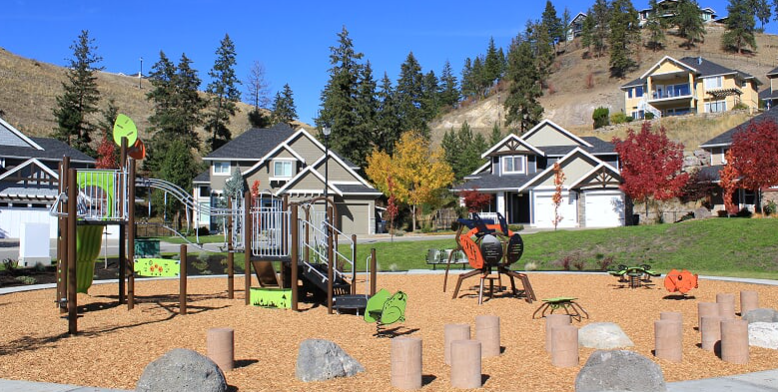Free play is precious and beneficial for children, contributing to physical, emotional, social, and cognitive skills, as confirmed by several studies in this regard. Running, jumping, being with children of the same age in a playground are experiences that enrich our children.
Emotional factors
Among the most important, we find self-esteem and the confidence that they develop during the game and sharing moments within the playgrounds. Climbing stairs for the first time, jumping down a slide, and getting out of the situation well build a child’s ability to keep practicing. It creates confidence that they are capable of doing things.
It helps you interact with your peers in the activity, help others climb, jump, or gain confidence that the action is possible. Another critical point is emotional support after losing a pet or having some trauma that makes the relationship difficult. The playground gives these children the possibility to release emotions and to be able to share their feelings.
The relationship with their parents is also reinforced in the playgrounds. Asking for help to climb a ladder, jump off the slide, and be in a hammock to swing are moments that mark the relationship with parents and build trust.
Social factors of the game
The social factor is a pillar within human activity. It is entertaining for a child because it is the moment that they see their classmates again outside of an environment of control how it can be within a class.
Social contact allows them to learn to listen to their peers, negotiate the rules of a game, accept other views, and commit even when they do not fully agree. Also, they learn to collaborate in the realization and execution of group games, giving them more independence in the long term because they know how to insert themselves in a particular area with its established rules.
The playground becomes a robust social network where children learn to be part of it. They also enjoy sharing unique moments with their peers. They develop fun and imaginary games that they often cannot do at home.
Psychological factors
Psychological factors are significant when a child is in a playground. It can be what the imagination believes, a pilot, Batman, a soldier, or a magical creature from a story. The important thing is that these situations allow you to develop critical thinking and problem-solving.
Motor skills are highly favored on the playground. Swinging, digging, or climbing stairs helps improve motor skills. It is also a place where established rules and preconceptions disappear. In a playground, coexistence practices are created at every moment, and they change with the relationship, which motivates creativity to develop new rules.
Leadership and teamwork skills are also highlighted on the playgrounds. Some children have an easier time explaining a particular game’s rules and perhaps another in another game. You can also see children who have a facility to organize teams. Each child develops the skills that most stand out in their personality.
Do you have memories of when you went to play on the playground? What story do you have to tell us? Go ahead and write us that story that makes you remember the good times lived in a playground at the bottom (comments section).
Image from Westplay.
